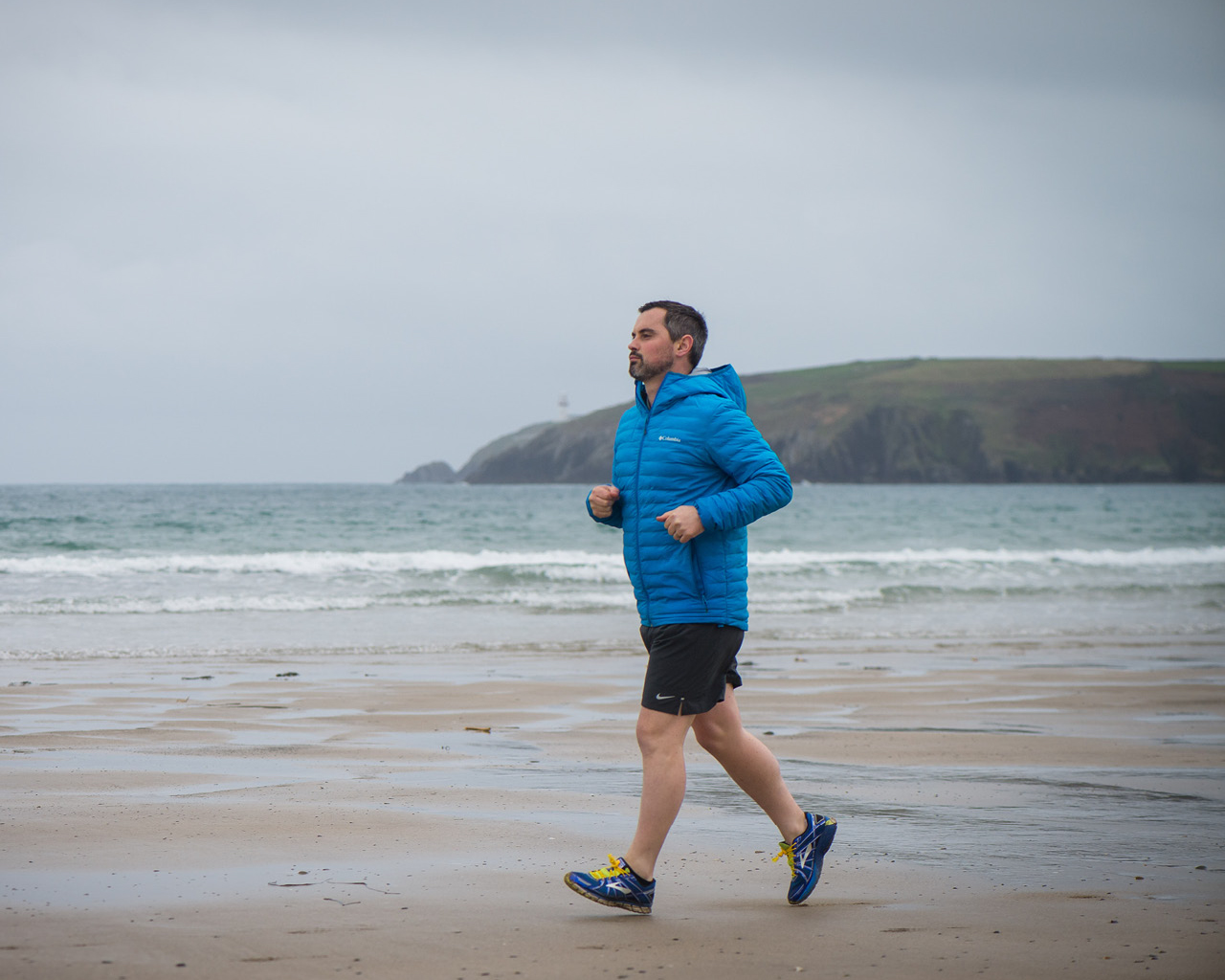It is a sad reality of life today that each of us will be affected by cancer or a long-term illness during our career.
Over 40,000 people will get a cancer diagnosis in our lifetime, according to the Irish Cancer Society. With improvements in treatment and early detection, more and more survivors continue to work during treatment or return to employment post treatment.
Despite this, many organisations are unaware that they have legal responsibilities towards people with long-term illness and are unaware that cancer is classified as an illness that falls under the Disability Act 2015.
Similarly, many employees don’t know what their employers’ legal obligations are to them and so may not request the support they are entitled to at such a key time. This is a worrying reality when 25% of cancer survivors have one or more long-term physical or psychological consequence of their treatment that affects their life and many more have a short-term symptom.
In parallel, one in four of us will be affected by mental health issues in our lifetime and as with cancer, a broad range of mental health issues are classified as ‘disabilities’ in employment legislation.
As Occupational Health Manager with laya healthcare, the largest Health & Wellbeing provider in Ireland, I led research to explore organisational practises in Ireland to establish the barriers for employees when returning to work after long-term illness, including cancer.
A non-supportive work environment negatively affects the return to work among cancer survivors, which is why it’s critical that employers are aware of the key role they play in the vocational rehabilitation and the re-integration of workers back to work after absence from illness.
So how can that return be made as smooth as possible without adding stress to what has already been a challenging time? Below are five top tips to help both employers and employees navigate the journeEmployers must have the right policies and procedures in place and provide the necessary advice and support to help employees affected by cancer - from the point of diagnosis to their return to work.
- Employees making the return after long-term illness should be realistic and honest and proactive to implement steps ahead of returning, such as meeting with their line manager to discuss any adjustments needed to their role, duties and working hours.
- For employers welcoming back a colleague, they need to be mindful of their Duty of Care and employment law. Everyone’s journey is different and so I would urge employers to be flexible and adaptable when welcoming and integrating a member of the team back in.
- Employees making the return after long-term illness should be realistic and honest and proactive to implement steps ahead of returning, such as meeting with their line manager to discuss any adjustments needed to their role, duties and working hours.
- We also need to remember that support is readily available; many through corporate Employee Assistance Programmes (EAPs). Laya healthcare for example also provides all members with a 24/7 Mental Wellbeing Support Programme - a confidential counselling service that provides employers, employees and their families with unlimited access to fully qualified counsellors and experts such as financial advisors, legal professionals and career counsellors. Concierge is also available on selected policies giving members access to a team of nurses who will support and answer any questions in relation to illness whether it be at the diagnosis, treatment or recovery phase.
- Of course, for the employee involved my advice is to be patient and kind to yourself. It may be some time before you can work full hours and meet the full demands of the role. Returning to work after an illness, is an achievement. With time, the right supports and proper planning you can resume a balanced, healthy and fulfilling life.
To find out more about how laya healthcare can look after your team call 1890 907 076
Read also our blog from Breakthrough Cancer Research.





-(1).jpg)

